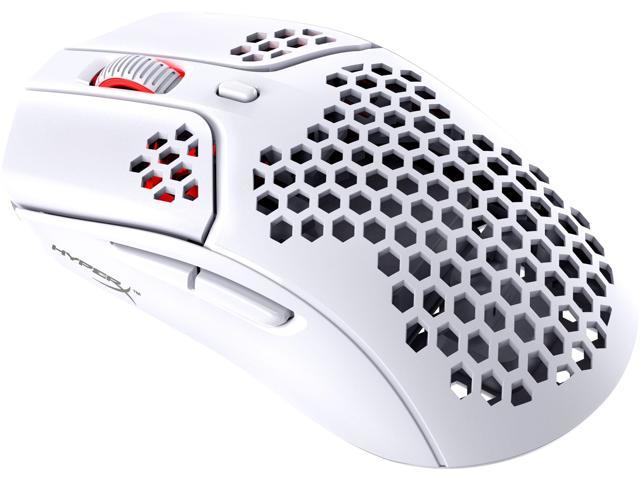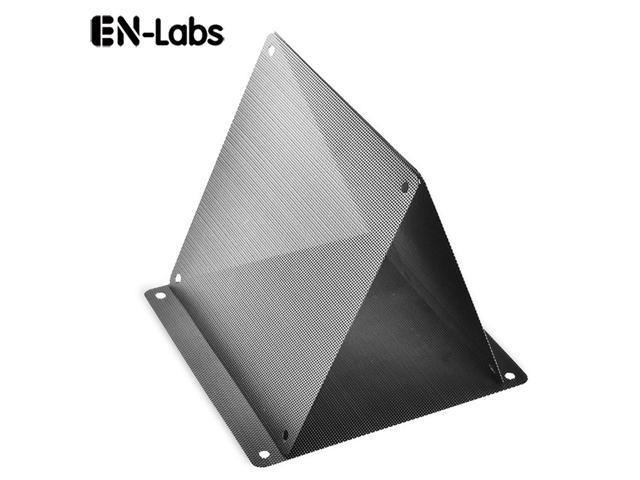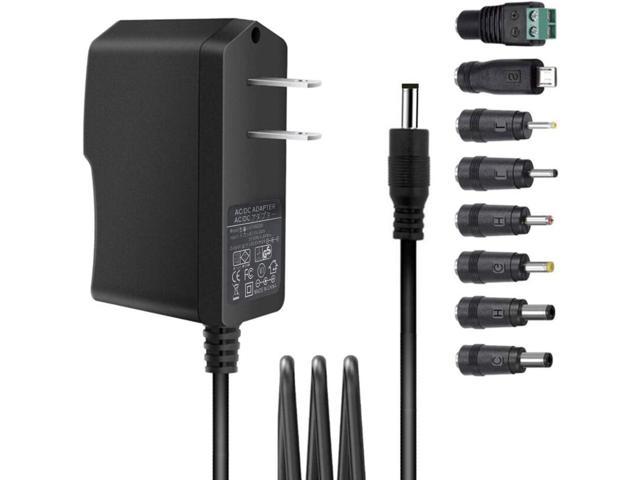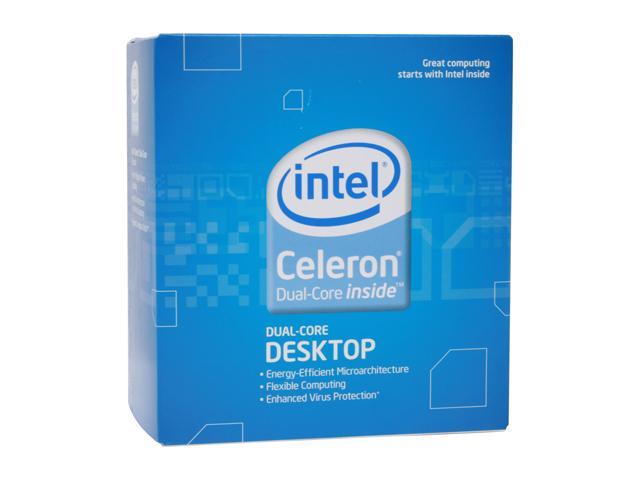Embryonic stem cells (ESCs) offer an unlimited self-renewing capacity, as opposed to the limits of adult stem cells; therefore, ESCs represent an almost bottomless resource for regenerative medicine and tissue engineering approaches. In Embryonic Stem Cell Therapy for Osteo-Degenerative Diseases: Methods and Protocols, accomplished investigators provide detailed descriptions on how to expand ESCs from the most commonly used species ex vivo, i.e. mouse and human, in static culture as well as in controllable bioreactor processes. The thorough and timely volume summarizes the methods that may be used to differentiate these cells along the desired lineage of choice, be it osteoblasts, osteoclasts, or chondrocytes, and consequentially also offers analysis tools for the characterization of resulting cells and evaluation of differentiation effectiveness. Written in the highly successful Methods in Molecular Biology’‘¢ series format, chapters include introductions to their respective topics, lists of the necessary materials and reagents, step-by-step, readily reproducible laboratory protocols, and expert tips on troubleshooting and avoiding known pitfalls. Dependable and cutting-edge, Embryonic Stem Cell Therapy for Osteo-Degenerative Diseases: Methods and Protocols supplies the tools necessary to allow researchers to carry out critical research needed in order to bring this burgeoning and vitally important field closer to the clinic and to ensure the widespread application of a successful strategy.















